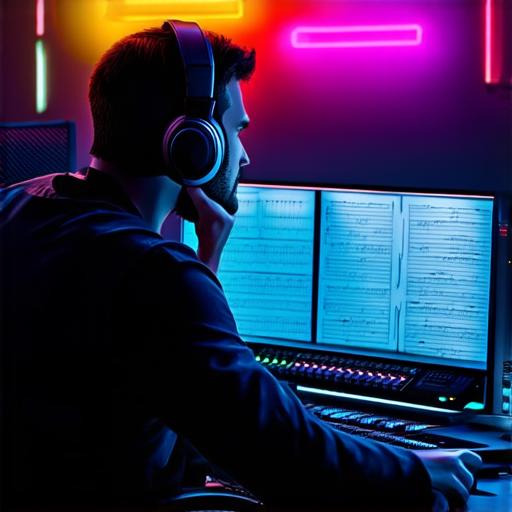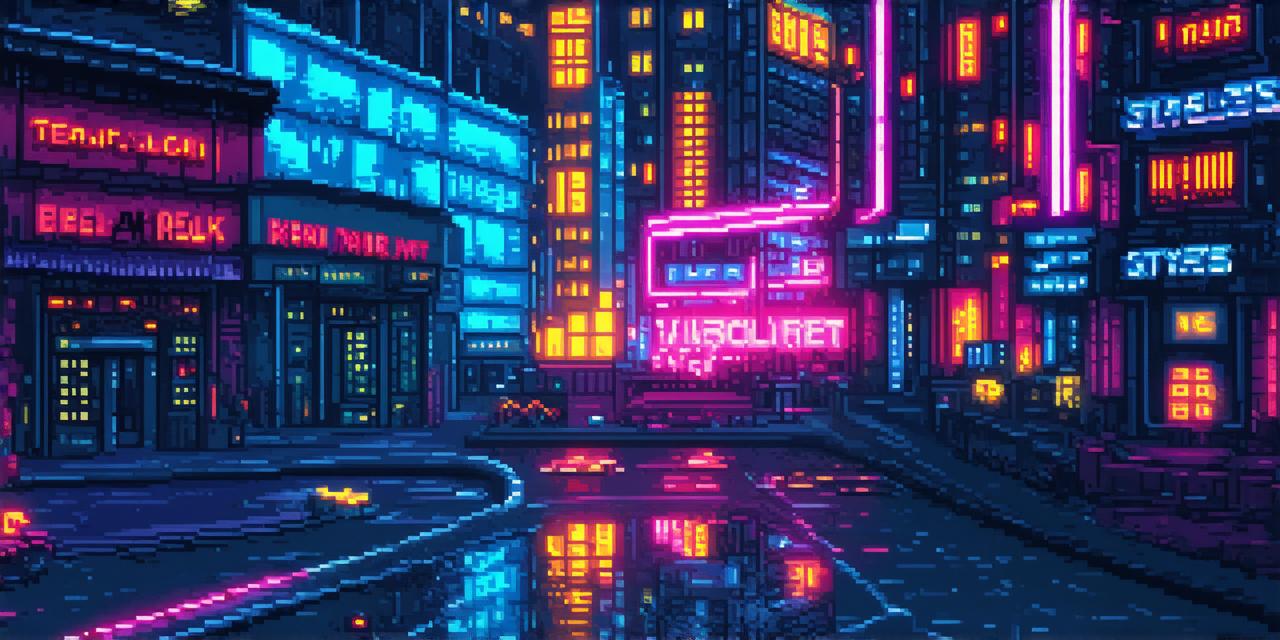Understanding Copyright Law
Before we dive into the topic of video game music royalty, it’s important to understand the basics of copyright law. Copyright law is a set of legal rules that govern the ownership and exclusive rights of creators over their original works, including music. These rights include the right to reproduce, distribute, perform, and display the work.
When it comes to using copyrighted music in your game, you need to obtain permission from the copyright owner to use the music legally. This can be done through licensing or purchasing a royalty-free license.
Types of Music Licenses
There are two main types of music licenses: mechanical licenses and performance licenses.
Mechanical Licenses
A mechanical license allows you to reproduce and distribute a song on a physical medium, such as CDs or vinyl records. This type of license is typically used when you plan to sell your game with a physical copy of the music included.

Performance Licenses
A performance license allows you to perform a song publicly, either live or through recorded media. This type of license is typically used when you plan to stream your game online or include music in a video that will be distributed online.
Royalty-Free Music Licenses
In some cases, you may be able to obtain a royalty-free license for the use of copyrighted music in your game. A royalty-free license allows you to use the music without paying any royalties to the copyright owner. There are two types of royalty-free licenses: blanket licenses and single-song licenses.
Blanket Licenses
A blanket license allows you to use a wide range of songs from a music library in your game. This type of license is typically used when you plan to include music in multiple games or projects.
Single-Song Licenses
A single-song license allows you to use a specific song in your game. This type of license is typically used when you only need to use one song in your game and don’t want the hassle of negotiating licensing agreements for multiple songs.
Using Open Source Music
Another option for using music in your game is to use open source music. Open source music is music that is released under a Creative Commons license, which allows it to be used, modified, and distributed freely without requiring permission from the copyright owner.
Case Studies: Examples of Successful Video Game Music Licensing
Now that we’ve covered the basics of video game music licensing let’s take a look at some real-life examples of successful video game music licensing.
1. Minecraft
Minecraft, the popular sandbox construction game, has used a variety of licensed songs in its games. The game uses a mix of original music and licensed music from artists such as C418 and Daniel Rosenfeld. This has helped to create an immersive and engaging gaming experience for players.
2. Fortnite
Fortnite, the battle royale game, also uses a variety of licensed songs in its games. The game features music from popular artists such as Marshmello and Travis Scott. This has helped to create a unique and memorable gaming experience for players.
3. Super Mario Bros.
In the 1985 video game Super Mario Bros., the iconic “Mario Theme” was composed by Koji Yamamura, also known as Nintendo’s “Sonic the Hedgehog” composer. The game’s music has become synonymous with the brand and has helped to create a memorable gaming experience for players of all ages.
FAQs
Q: Can I use copyrighted music in my game without permission?
A: No, using copyrighted music in your game without permission is illegal and can result in legal consequences.
Q: What type of license do I need to use music in my game?
A: The type of license you need depends on the type of music you want to use and how you plan to use it in your game. Mechanical licenses are typically used for physical media, while performance licenses are typically used for live or recorded performances.
Q: What is a royalty-free license?
A: A royalty-free license allows you to use music without paying any royalties to the copyright owner. There are two types of royalty-free licenses: blanket licenses and single-song licenses.
Summary
In conclusion, using video game music in your games can greatly enhance the overall quality of your game. However, it’s important to obtain permission from the copyright owner to use the music legally.
There are two main types of music licenses: mechanical licenses and performance licenses.
In some cases, you may be able to obtain a royalty-free license for the use of copyrighted music in your game. Using open source music is another option for using music in your game. By understanding the basics of video game music licensing and obtaining the necessary permissions, you can create an immersive and engaging gaming experience for your players.
